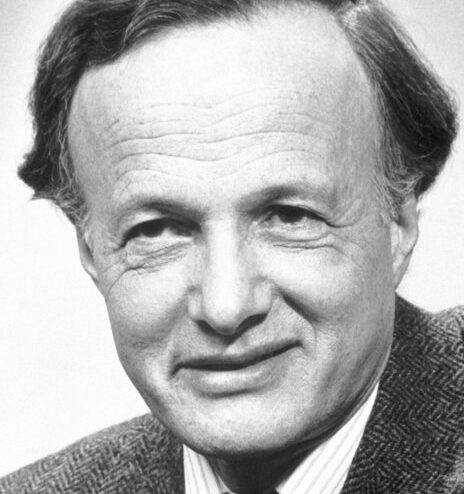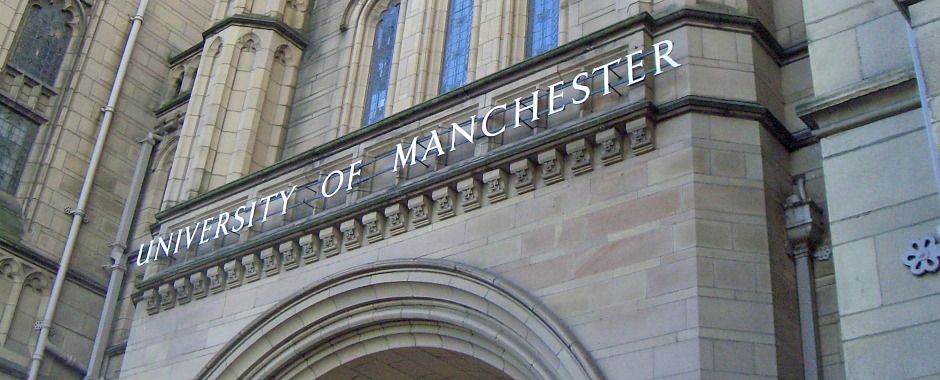Heritage: John Charles Polyani – The Nobel Prize for Chemistry 1986
Chemistry in the real world Research and impact 24 July 2020
Following on from our recent post about Michael Smith, today we are bringing you some information about the Nobel Prize winner, John Charles Polyani. Polyani’s research awarded him the Nobel Prize in 1986, but Polyani has remained a prominent researcher and advocate for science in society ever since.
Who is John Charles Polyani?

Polyani was born to Hungarian parents in 1929 in Berlin Germany. In 1933, his father took up a post as Professor of Physical Chemistry at this University and Polyani moved to the UK to study. After evacuation to Canada during World War II, Polyani returned to Manchester to study Chemistry and graduated with a BSc in Chemistry in 1949, and a PhD in Chemistry 1952.
Following on from his PhD, Polyani took on post-doctoral roles at the National Research Council Laboratories, Ottowa and Princeton University before making his career at University of Toronto.
What did Polyani win the Nobel Prize for?
Polyani studied the mechanics of chemical reactions, and his research focused on measuring the infrared emissions from newly formed, energised, molecules. This allowed the reaction to be mapped and the quantum mechanical energy state to be determined.
Polyani’s research took place at The University of Toronto, alongside his colleagues Dudley Herschbach and Yuan Lee. Together they share the Nobel Prize.
Beyond the Nobel Prize: Science in Society
Outside of his award winning research, Polyani remains an advocate for the use of science in society. In the year 2000, in an article written for The Globe and Mail (Canada), Polyani discussed the responsibility of scientists to use their knowledge and educate society accordingly.
During the 1950s, Canada was petitioned by the USA to arm themselves with nuclear weapons. Polyani, and many prominent scientists alike, argued against this weaponry. They demonstrated that the nuclear fallout would be damaging to Canada and negatively impact the country as a whole. They were opposed to the idea and demonstrated the negative impact of nuclear weapons rather than focusing on them as defensive tools. Scientists argued that it was better to die searching for ways to live civilly than it was to prioritise working underground. The pinnacle of this argument was the need for society to function constantly under nuclear shelters was no way to live.
Again, in the 1970s during the Vietnam War, Polyani played his part in denouncing the use of chemical weapons. Although people outside of the scientific field could make the same argument, the respect that his specialised knowledge had gained him the audience with the Canadian Prime Minister. The Canadian government eventually denounced the use of these weapons, in part due to Polyani. They stated that this was a breach of the Geneva Protocol.
Polyani believes that knowledge and the ‘truth’ must always take precedence over any sense of individual or group advantage. This is the role of science in society and can be utilised to support the protection of Human Rights.
The work of Polyani, serves as a reminder of the role that scientists can have in benefiting society. The importance of science outside the labs cannot be underestimated as Polyani demonstrates.
Do you want to find out more?
https://www.nobelprize.org/prizes/chemistry/1986/polanyi/article/
https://www.nobelprize.org/prizes/chemistry/1986/polanyi/facts/
Words – Hazel Craven




Leave a Reply